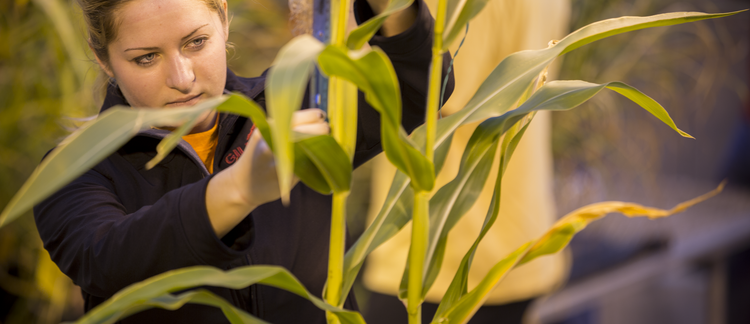Abstract
Cover crops are an important component of the Iowa Nutrient Reduction Strategy to improve Iowa’s water quality. To meet the goal of a 45 percent reduction in the total nitrogen and phosphorus loads, it is estimated the total number of acres planted to cover crops will need to be at a minimum of four million acres or equivalent to about 20 percent of Iowa’s row crop acres. This implies millions of acres may be seasonally available for grazing. Although the benefits of improved soil health and nutrient retention through cover crops are well known, limited data is available on utilization by beef cattle. Therefore, a study was designed to measure cattle performance while spring grazing cereal rye and to evaluate the impact grazing had on the soil profile. Most of the limited research conducted on cover crop grazing has focused on integrating cover crops into row crop systems that cow-calf producers already raise. However, many Iowa row crop producers do not have a cattle enterprise. Stocker cattle may be an opportunity to utilize a cover crop grazing system that allows cattle to be bought and sold based on forage availability. It is important for livestock producers to check for crop rotational restrictions on labels of pesticides used during the growing season as well as grazing restrictions if they intend to use the cover crop as a forage source. Because many variables impact the successful integration of cover crops and livestock into row crops, this is a four-year study summarizing data from year two.
How to Cite:
Lundy, E., Vittetoe, R., DeJong, J. L., Doran, B., Kassel, P. C., Loy, D., Sellers, J. & Witt, M., (2018) “Enhancing the Value of Cover Crops through Utilization by Beef Stocker Cattle: Progress Report (Year 2)”, Iowa State University Research and Demonstration Farms Progress Reports 2017(1).
Downloads:
Download pdf
View PDF
329 Views
142 Downloads

